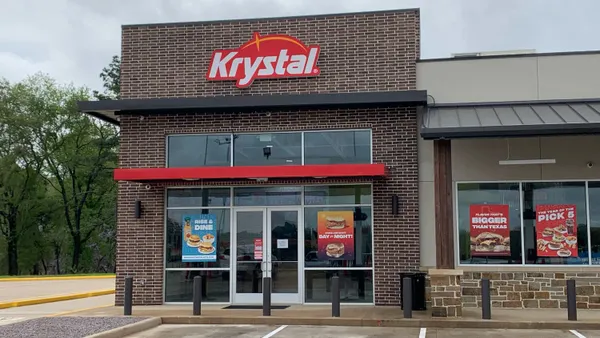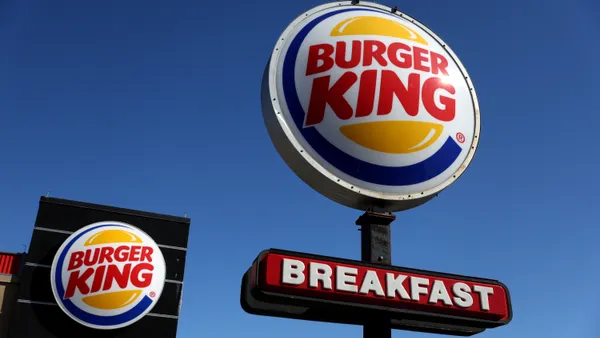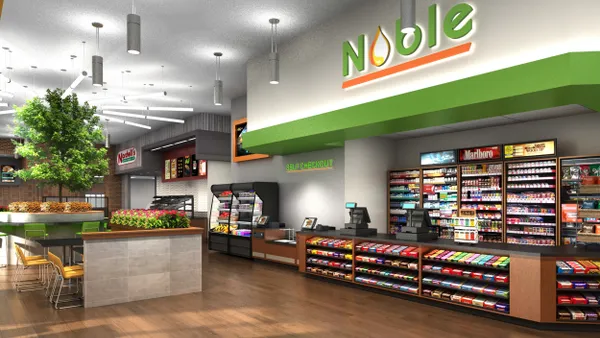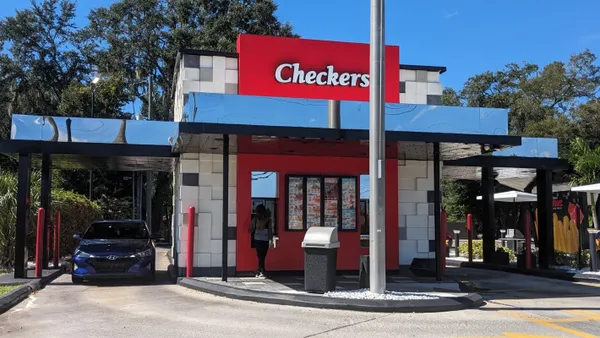Editor’s note: This article is part of an ongoing franchise series, which highlights brands that are new to or aggressively expanding via franchising. Is your restaurant starting to franchise? Email us at [email protected].
Prior to opening Rush Bowls, founder and CEO Andrew Pudalov had a lucrative finance career in New York City for over a decade. But all of that changed on 9/11.
He lost several friends in the attacks on the Twin Towers and was devastated. Three years later, he decided to leave financing and move to Boulder, Colorado, to start a new life with his family. Soon he would start a new company, too.
Pudalov developed Rush Bowls, an eatery that serves bowls and smoothies made from flash-frozen fruits, because he perceived a gap in the children’s food market when he was in New York City. He felt there weren’t very many healthy food options for young people, and thought the convenience of bowl-based menu items would prove a competitive advantage.
Pudalov opened his first store, a 400-square-foot unit, in 2004 near the University of Colorado, and it quickly drew big crowds. The business model relies on minimal labor, staffing between just one and four people, he said. As Pudalov grew his restaurant business, he also created a separate wholesale business in 2010. At this time he still owned just one Rush Bowl store, but sold frozen Rush Bowls in roughly 40 states through a partnership with Whole Foods, Pudalov said. In 2015, Rush Bowl’s co-packer went out of business overnight, however, putting an end to this venture. By this time, Pudalov was already thinking about franchising, and the wholesale business taught him how to distribute Rush Bowl’s products nationally.

Rush Bowls began franchising in 2016, and Pudalov hired corporate employees – most of whom had managed Rush Bowls stores in the past – to support its franchising platform. These workers’ in-store experience helped them to prepare franchisees for operations.
The company created an online portal where franchisees can review store processes step by step and view videos, documents and photos of menu items as well as construction specs to understand strict design guidelines, he said. Rush Bowls also provides in-depth training about a week before a franchisee opens a store to train employees at the location, he said. Pudalov’s management team shares their personal cell phone numbers with franchisees, who can reach them at any time.
Rush Bowls has come a long way in the last 18 years. By 2021, the brand had grown to over 30 units. This year, the Rush Bowl expects to open its 50th location and has a pipeline of 100 units.
Much of this pipeline stems from organic franchisee growth as operators open additional units in their markets across 22 states, Pudalov said. Some new stores will open in Colorado, California and Florida. This year, it expects to open 25 units through the third or fourth quarter. Massive delays in permitting postponed much of Rush Bowls’ 2022 development plans to this year, he said. Outside of these delays, the chain can build stores quickly — typically within four to six weeks — and they don’t require a lot of standard kitchen equipment, like hoods or cooking equipment. Stores tend to average about 1,000 square feet.
The brand has a robust off-premise business, with 30% to 60% of sales coming from online ordering or delivery, depending on the store and location, Pudalov said. Rush Bowls uses Rebel’s point-of-sales system and Olo for its online ordering and delivery integration. The chain’s products hold up well for delivery, Pudalov said, because the fibrous texture of the fruit smoothie and bowls takes about an hour and a half to degrade
Development plans: With a pipeline of 100 units, Rush Bowls is focusing on filling in markets in the 22 states where it operates and building out infrastructure across those regions. The company also sees opportunity in nontraditional locations, including universities, airports and food courts, Pudalov said.
Ideal franchisees: Prospective franchisees should have business acumen and a track record of successful businesses. These individuals should understand customer service, and be comfortable going into the community to market and boost brand awareness. Prospective franchisees include single-unit operators as well as multi-unit operators.














